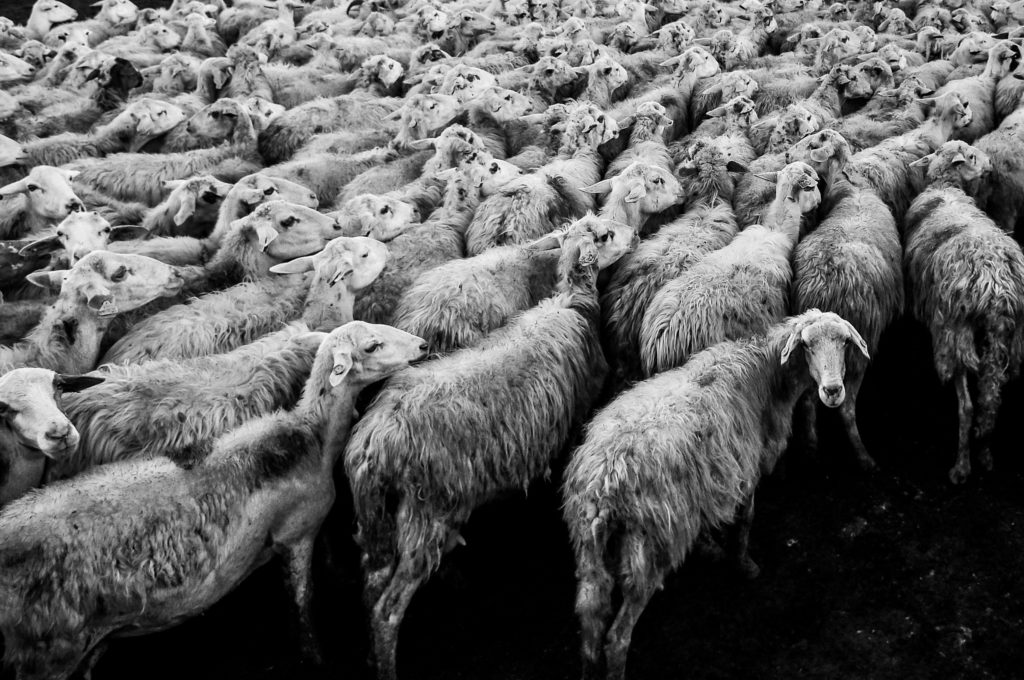
So much of last night’s EduCon Educator Panel has me thinking, and I’ll likely be reflecting on it for the next few weeks. One thing, though, was still sticking to my brain pretty tightly when I woke up this morning.
When the panelists were asked what stands in the way of nurturing and encouraging curiosity in their schools and school systems, there was a reference to whatever level or levels of the systems were above them. This won’t be surprising to anyone who’s tried to elicit or spark change in education.
The Feds, the State, the District, the Principal, the Department Chair, the Teacher – each is invoked as the obstruction, preventing the change and the doing of the work. Each level in the hierarchy points to those running the level above as the reason they can’t get done what they want to get done.
What came through in the conversation last night is the recognition that someone is pointing at you in that hierarchy and shining light on the ways in which you are the obstruction to getting things done.
In each of the examples of effective nurturing of curiosity in their educational spaces the panelists offered last night, the move to create that example was preceded by two questions.
In what ways am I an obstruction to someone else’s good idea?
and
How do I get out of the way?
In thinking through how she could help her district team open up professional development as opportunities for teachers to activate their own sense of wonder, Rafranz could easily have pointed to the office and educators a few rungs up the ladder and said, “Here are the dozen institutional policies that are holding back.” Instead, she considered the policies and elements of culture for which she was responsible and found a way to get out of the way of those pointing up at her as the reason they couldn’t do or try X.
The best leaders I’ve followed have done this. They’ve acted as a filter between those above them who were handing down requirements and administrative mandates. They weighed each against the likelihood it would get in the way of those for whom they were responsible being able to do their work. This filtering had the dual effect of giving us have more space to be creative in our practice and ensuring us when something was brought to us from the higher ups it actually necessitated our attention.
It had a third effect as well. It modeled for us the importance of asking, “Whose obstruction am I, and how can I get out of their way?”